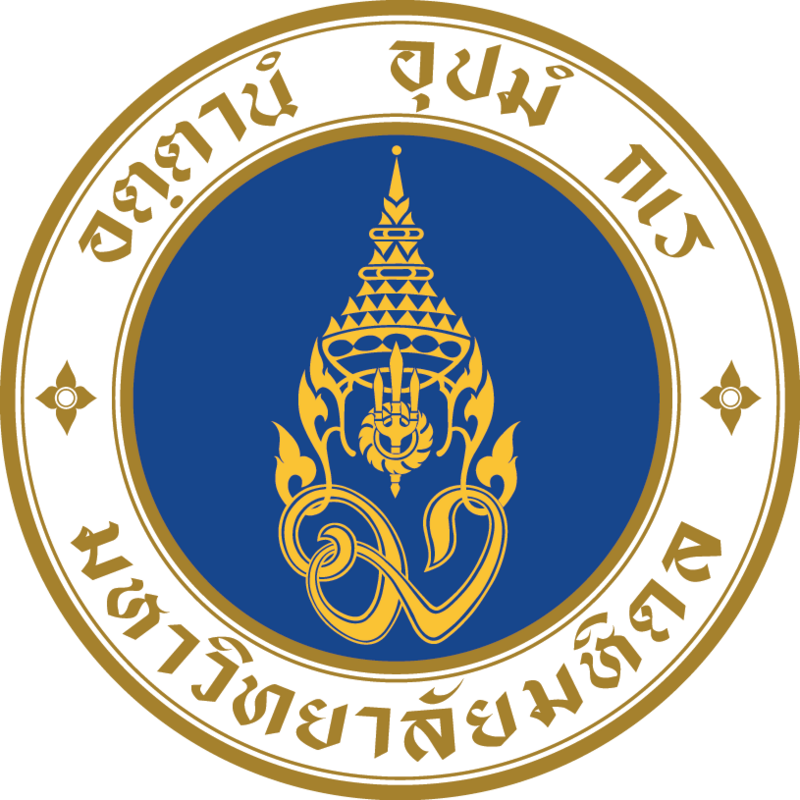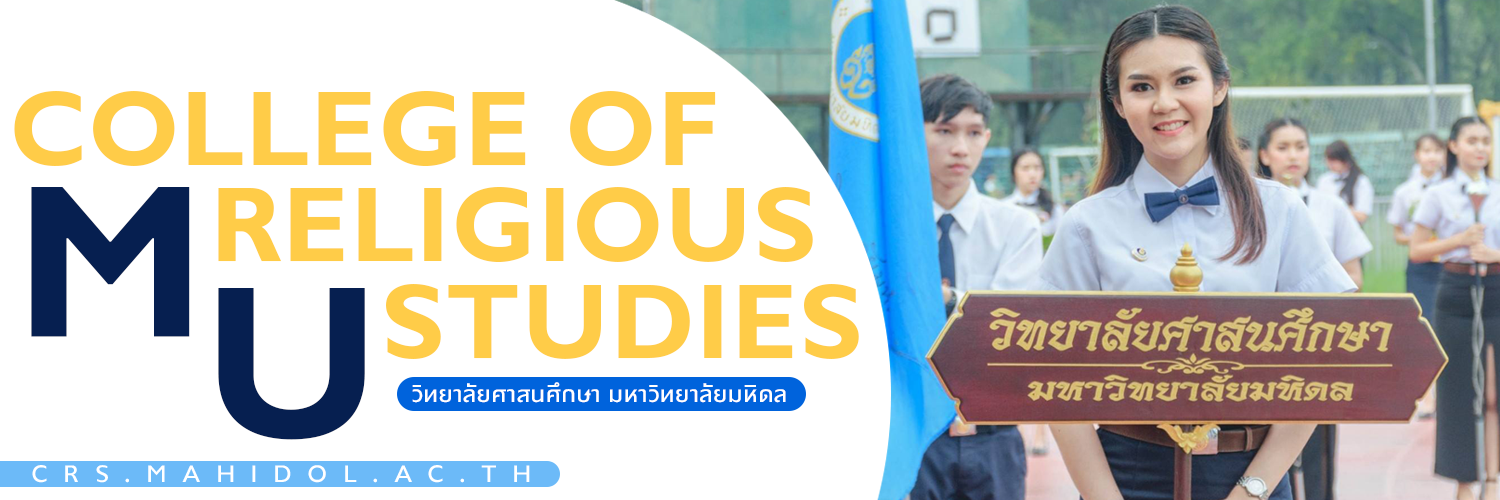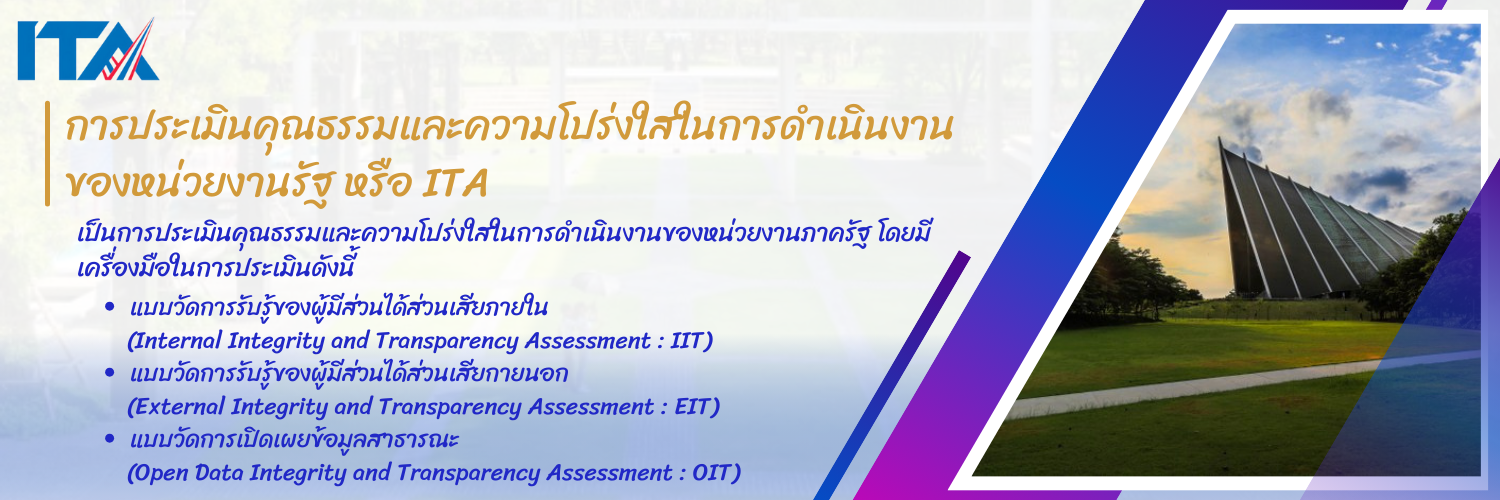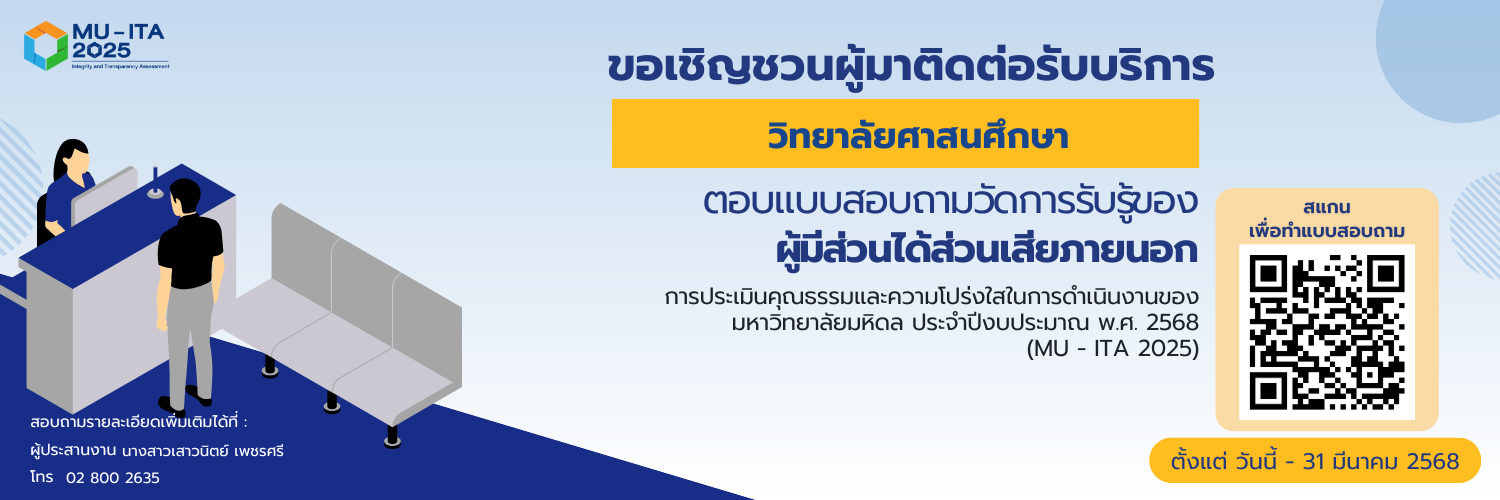ศาสนศึกษา
วิทยาลัยศาสนศึกษา มหาวิทยาลัยมหิดล
ประวัติความเป็นมา
เป็นวิทยาลัยศาสนศึกษาแห่งแรกของประเทศไทย และเป็นหน่วยงานในมหาวิทยาลัยมหิดล
Mission / Vision
เป็นสถาบันชั้นนำในภูมิภาคอาเซียนและระดับนานาชาติ ในด้านการศึกษา วิจัย และให้บริการแก่สังคม ด้านศาสนศึกษา
มูลนิธิน้ำทองฯ / หอพักน้ำทองฯ
หอพักน้ำทองสิกขาลัย วิทยาลัยศาสนศึกษา มหาวิทยาลัยมหิดล
หลักสูตรที่เปิดสอน / การรับสมัครเข้าเรียน
วิทยาลัยศาสนศึกษา มหาวิทยาลัยมหิดล
รอบรั้วศาสนศึกษา
วิทยาลัยศาสนศึกษา มหาวิทยาลัยมหิดล
CRS Course
CRS Seminar
CRS for Students
CRS Update
ติดตามข่าวสารล่าสุดก่อนใคร






